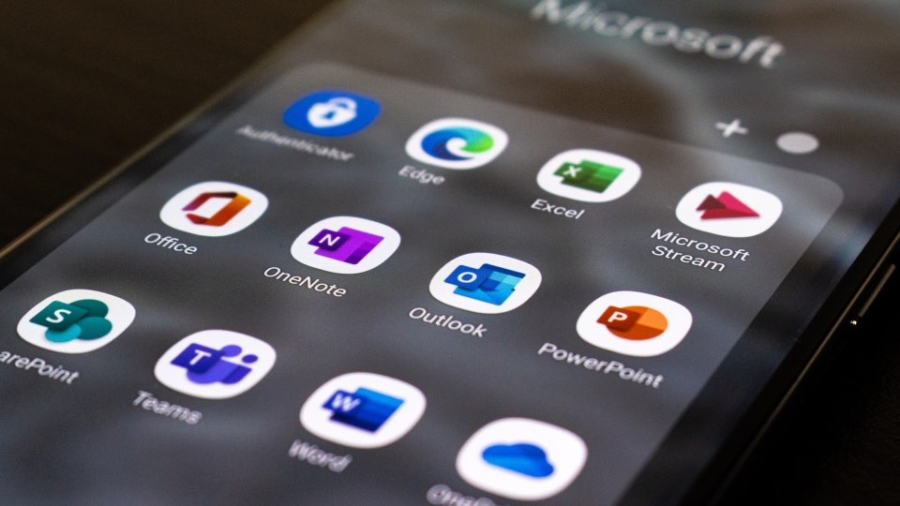Microsoft ending support for Windows 10 could send 240 million PCs to landfills, posing a significant environmental concern. Canalys Research highlights that the termination of Windows 10 support might result in the disposal of approximately 240 million personal computers, contributing to electronic waste weighing an estimated 480 million kilograms, equivalent to 320,000 cars. This blog post explores the implications of Microsoft’s decision, the potential environmental impact, and strategies to empower these PCs for sustainable outcomes.
The Transition Period:
As Microsoft plans to discontinue Windows 10 support by October 2025, there is a looming challenge of managing the sheer volume of electronic waste generated. While many PCs could remain functional post the end of OS support, Canalys warns of low demand for devices without security updates, prompting the disposal of a significant number of PCs. Microsoft’s offer of security updates until October 2028 comes with an undisclosed annual price, raising questions about the feasibility of this option.
Economic Considerations:
Canalys suggests that if the pricing structure for extended Windows 10 support follows historical trends, migrating to newer PCs might be more cost-effective. This scenario could potentially escalate the number of older PCs heading to scrap, further contributing to the environmental impact. Businesses and individuals alike need to assess the economic implications of continuing with Windows 10 versus investing in newer, supported devices.

Environmental Responsibility:
In the face of this challenge, it is crucial to consider the environmental responsibility associated with the disposal of electronic waste. Microsoft’s shift to Windows 11 and the subsequent discontinuation of Windows 10 support demand a proactive approach to sustainable technology management. The blog explores potential solutions for repurposing or recycling end-of-life computers to mitigate the adverse effects on the environment.
The Role of Recycling:
Recognizing the potential environmental repercussions, companies like Noveon Magnetics stress the importance of turning end-of-life computers into resources that power sustainable technologies. Repurposing hard drives for electric vehicle motors and renewable power generation can play a vital role in meeting the growing global demand for electricity. Moreover, the recycling of hard drives and batteries can help recover valuable materials like lithium, cobalt, nickel, and copper, fostering a circular economy.
Strategies for Sustainable PC Management:
As businesses and individuals grapple with the impending end of Windows 10 support, it becomes imperative to explore sustainable strategies for managing PCs. This section delves into potential alternatives, such as upgrading to Windows 11-compatible devices, repurposing PCs for specific tasks, or responsibly recycling electronic components.
One-Point Summaries: Microsoft ending support for Windows 10

Conclusion:
In conclusion, Microsoft ending support for Windows 10 presents a pivotal moment for businesses and individuals to reassess their approach to PC management. Balancing economic considerations with environmental responsibility is key. By embracing sustainable practices, repurposing technology, and responsibly recycling electronic components, we can transform the potential challenge into an opportunity for positive change. In doing so, we contribute to a greener, more sustainable future while ensuring the longevity of our technological investments.
